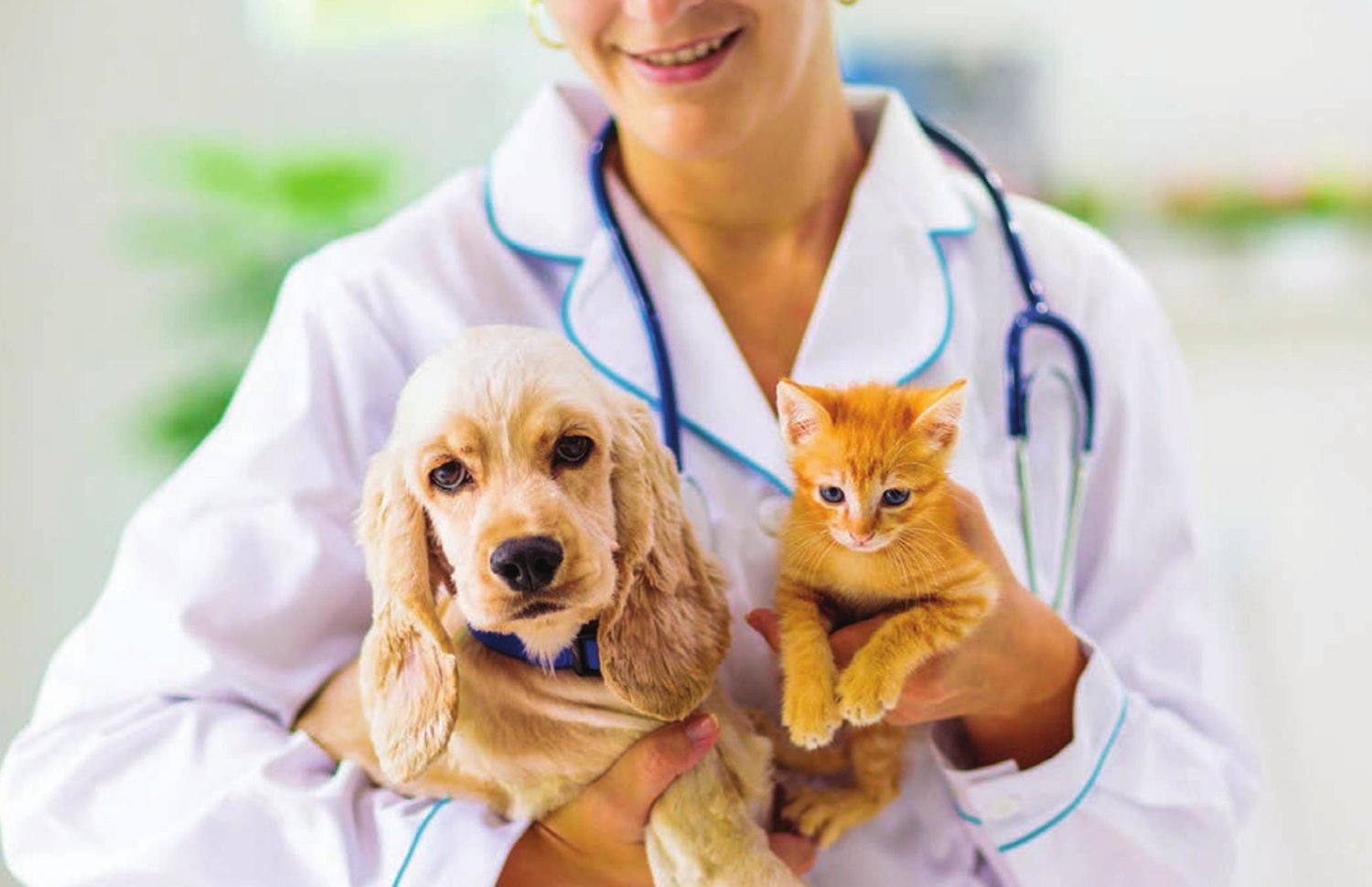Are your pets safe from corona virus?
BY DR. GINGER MACAULAY
Editor’s note: The information in this article was current as of Mar. 11. Health officials are still learning about the virus, so it is possible new information may be …
This item is available in full to subscribers.
Subscribe to continue reading. Already a subscriber? Sign in
Get 50% of all subscriptions for a limited time. Subscribe today.
Please log in to continueNeed an account?
|
Are your pets safe from corona virus?
BY DR. GINGER MACAULAY
Editor’s note: The information in this article was current as of Mar. 11. Health officials are still learning about the virus, so it is possible new information may be available. The most current information will be available at www.avma.org/Coronavirus . The information reported in this article is supplied by the American Veterinary Medical Association.
With all the uncertainty surrounding the corona virus, you may be wondering how to keep your pets safe.
At present the only dog to have come back with “weak positive” tests is a 17-year-old Pomeranian in Hong Kong whose owner had been diagnosed with COVID-19.
The corona virus Disease 2019 (COVID-19) is caused by the virus SARS-CoV-2. A weak positive suggest a small quantity of SARS-CoV-2 RNA is in the sample.
The tests did not show if the samples contained intact viruses, which are infectious, or only fragments of the RNA. An accredited reference lab for the World Health Organization (WHO) found the same results.
Experts believe this might be a case of human to animal transmission, but nothing is confirmed. Further testing is being done.
Another dog in quarantine in Hong Kong has tested negative for the virus. Neither of the dogs has shown any clinical signs of illness.
At this point there is no evidence to suggest that pets can spread the disease to other animals, including people. There is also no evidence to suggest that pets can become sick. Scientist are continuing to investigate.
There are other diseases animals can spread to people and people can spread to animals. Wash your hands before and after playing or working with animals.
Prevent spreading
If you become infected with COVID-19, your first concern is not to infect other people.
You should stay home and call ahead before seeing your doctor. Your doctor can give you more specifics when you call.
Wear a facemask around your pet and other people. Remember to wash your hands often especially before and after interacting with your pet.
Cough or sneeze into a tissue or directly into your elbow or sleeve. Be sure to throw the tissue into a trash can your pet cannot get into when you are not around.
Be sure to let your doctor or public health official know you have a pet or other animal in your home. If you have been diagnosed with the virus, play it safe and limit contact with animals until we have more answers.
Per AVMA recommendations, “if you are ill with COVID-19, have another member of your household take care of walking, feeding, and playing with your pet. If you have a service animal or you must care for your pet, then wear a facemask; don’t share food, kiss, or hug them; and wash your hands before and after any contact with your pet or service animal.
You should not share dishes, drinking glasses, cups, eating utensils, towels, or bedding with other people or pets in your home.” Have an emergency kit prepared with 2 weeks of food and any needed medication. This would be in case of a quarantine or selfisolation where you can’t leave your home.
Per AVMA recommendations: If you are sick with COVID-19, and your pet or service animal is ill, please seek assistance from your veterinarian and public health official to determine how to best ensure your pet or service animal can be appropriately cared for while minimizing risks of transmitting COVID-19 to other people.
There is currently no clinical test for SARS-CoV-2 available in the US for your pet, but tests are being developed. Even though SARS-CoV-2 is suspected to have emerged from bats, there is currently limited evidence that other animals, including pets, can be infected with SARS-CoV-2.
There is no evidence to suggest that pets can spread COVID-19 to other people or other pets.
Contact your veterinarian with any questions.
Other items that may interest you







Comments
No comments on this item Please log in to comment by clicking here